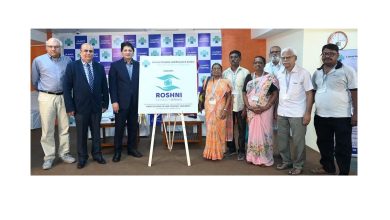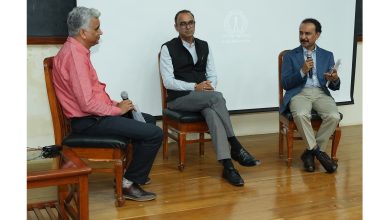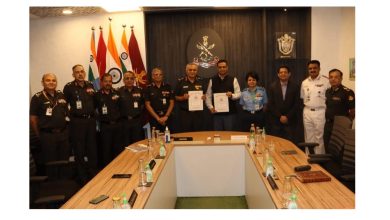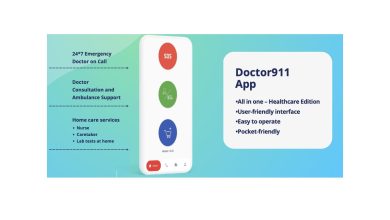SRL Diagnostics launches ‘Heart Assure Test’ to predict risk of cardiac event

High-sensitivity Troponin I is a specialised test that can help predict future cardiovascular risk
SRL Diagnostics has launched ‘Heart Assure’ a specialised test that can predict the risk of a cardiac event in an individual. High sensitivity Troponin I (hsTnI) is a simple blood test that can precisely predict a cardiac event/injury by providing a heart health risk score. This cardiac-specific test measures even small amounts (picogram/ml) of Troponin I in the blood to calculate the risk of developing a cardiac event in the future. Based on the value attained in the test, the risk is reported as Low, Moderate or Elevated. Patients with moderate or elevated risk in the test should immediately consult a cardiologist for further diagnosis and workup.
Troponin I is the only troponin isotope in the myocardium and is not expressed during any developmental stage in skeletal muscle. Troponin I is released into the bloodstream soon after the onset of symptoms of myocardial infarction or ischemic damage. It rises rapidly within three to six hours following the onset of chest pain, with peak concentrations at 16 to 24 hours, and remains elevated for days. In asymptomatic and healthy individuals, the troponin 1 test can be used to stratify risk and predict future cardiovascular risks.
Speaking on the launch of the test, Dr Avinash Phadke, President, Technical & Mentor, SRL Diagnostics said, “Studies have established that in an Acute Coronary Event, a higher level of hsTnI is closely associated with more severe coronary artery disease, with its accelerated progression, and with incident adverse cardiovascular events. In asymptomatic and healthy patients, hsTnI levels can be used to stratify risk and predict future cardiovascular risks, independent of other clinical risk factors and hs‐CRP levels.”
Adding his comment, Anand K, CEO, SRL Diagnostics, said, “We are pleased to launch the high sensitivity troponin I test to help doctors and patients make critical health decisions. CVD is now a leading cause of mortality in India. CVDs will continue to pose a significant economic and social burden in India in the next few years. While India had drafted a National List of Essential Diagnostics that included many CVD-related diagnostics, we are yet to see a large-scale screening for CVD. Early diagnosis and lifestyle management is crucial and can help people manage their health optimally.”




